You’re ready to build (or rebuild) your website. You’ve set a budget, outlined your goals, and started looking at agencies. But how do you know who to trust?
The glossy portfolios and polished pitches all start to blur. Every agency says they’re strategic. Collaborative. Fast. It sounds good, until it’s not.
If you choose the wrong partner, you can lose time, money, momentum, or all three. And most people don’t realise it’s gone wrong until they’re halfway in.
This guide shows you what to look for early and what to walk away from.
Why This Matters to Your Business
A website isn’t just a project. It’s a key piece of your growth engine. Done right, it helps you:
- Convert better without increasing spend
- Scale faster with fewer bottlenecks
- Strengthen your brand and trust
But if the build goes sideways, you’ll pay twice: once to fix it, and once in lost opportunity.
Key Tip: A great agency won’t just show you what they can do. They’ll challenge your thinking, ask sharp questions, and help you make better business decisions.
Red Flag 1: They talk about design, but not goals
If an agency dives straight into aesthetics without asking how your business works or what you need the site to achieve, that’s a problem.
What to ask:
- “How do you approach aligning the site with sales or growth goals?”
- “What do you do before design starts?”
What to look for: An agency that starts with strategy, not style.
Red Flag 2: They rely heavily on templates
Templates aren’t bad. But if they’re retrofitting your brand and content into a pre-made layout with minimal flexibility, you’ll feel the pain fast.
Common signs:
- Limited layout options
- Clunky CMS
- Brand and UX mismatches
Why it matters: Your website should serve your content and customer journey, not the other way around.
Red Flag 3: They don’t explain how you’ll manage the site
Post-launch is where many projects fall apart. If the agency can’t show you how your team will update content or scale the site later, expect frustration.
What to ask:
- “Will our team be able to manage this without a developer?”
- “How do you structure the CMS?”
A good agency will talk you through real workflows, not just say “it’s easy.”
Red Flag 4: They overpromise timelines or costs
Fast is good. Unrealistic is not.
If everything sounds too easy, too quick, or too cheap (especially compared to others) dig deeper.
Look out for:
- Vague scopes of work
- Fixed pricing with no room for complexity
- No buffer for feedback or change requests
Reality check: A quality build takes time. Rushing often leads to rework.
Red Flag 5: Their work looks great, but behaves badly
Nice visuals don’t mean high performance. Check their work on mobile. Test load times. Click through user flows.
What to test:
- Speed (use GTmetrix or PageSpeed Insights)
- Mobile usability
- CMS usability (if possible)
What matters: A website should be more than pretty. It should work hard.
Red Flag 6: They avoid using native functionality
This is a big one for Shopify and Webflow sites. If the agency is stacking plugins or writing custom code for things the platform already handles, that’s a sign of inefficiency (or future pain).
Smart agencies:
- Use native tools where possible
- Avoid bloating the stack with fragile workarounds
- Build clean, scalable structures
Ask: “How do you approach native functionality vs custom builds?”
Red Flag 7: They can’t explain the “why” behind their decisions
You’re not just buying a website. You’re buying thinking.
If an agency can’t explain why they made a UX, content, or design choice, or worse, says “because it looks good”. That’s a red flag.
You want clarity, not mystique.
“But They’re Cheaper and Seem Nice”
Plenty of good people do poor work. And plenty of budget-friendly options end up being the most expensive choice long term.
Instead of comparing quotes, compare:
- Questions asked in the first meeting
- How well they understand your business
- How clearly they explain their approach
Price matters. But clarity and capability matter more.
What to Do Now: A Smart Hiring Checklist
- Write down your real goals: What does the site need to achieve?
- Ask process questions early: Don’t just ask what they’ll build. Ask how.
- Test past work properly: On mobile, for speed, and for usability.
- Push for clarity: Ask “why” often. See how clearly they answer.
- Trust your instincts: If something feels off, dig into it.
Hiring a website agency shouldn’t feel like a gamble. With the right questions, and a few red flags to avoid, you’ll find a partner that helps your site perform, scale, and support real business goals.
Need help reviewing an agency proposal or gut-checking your brief? Get in touch.



